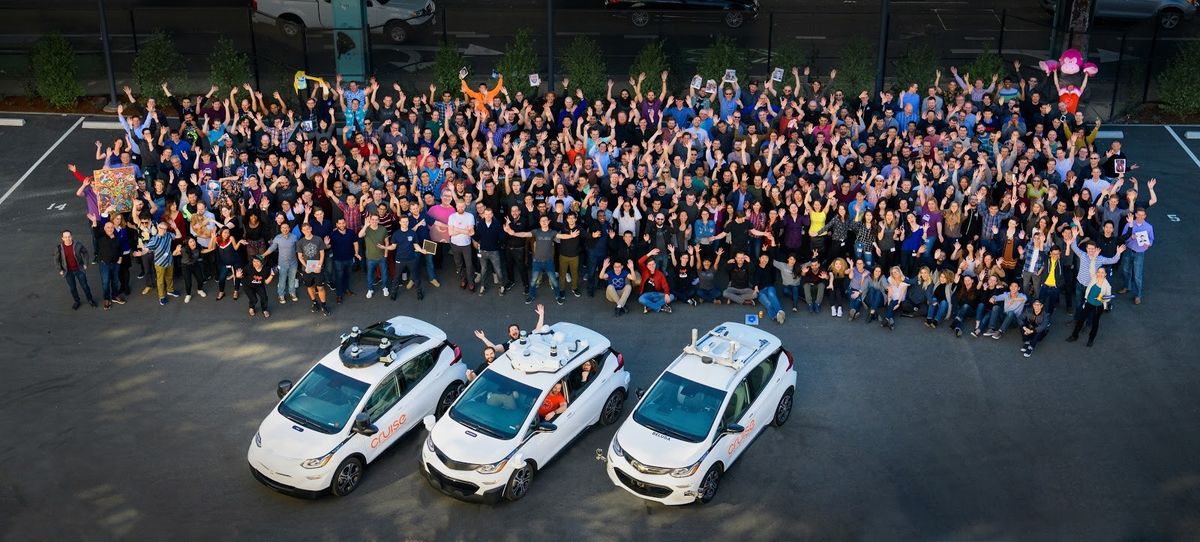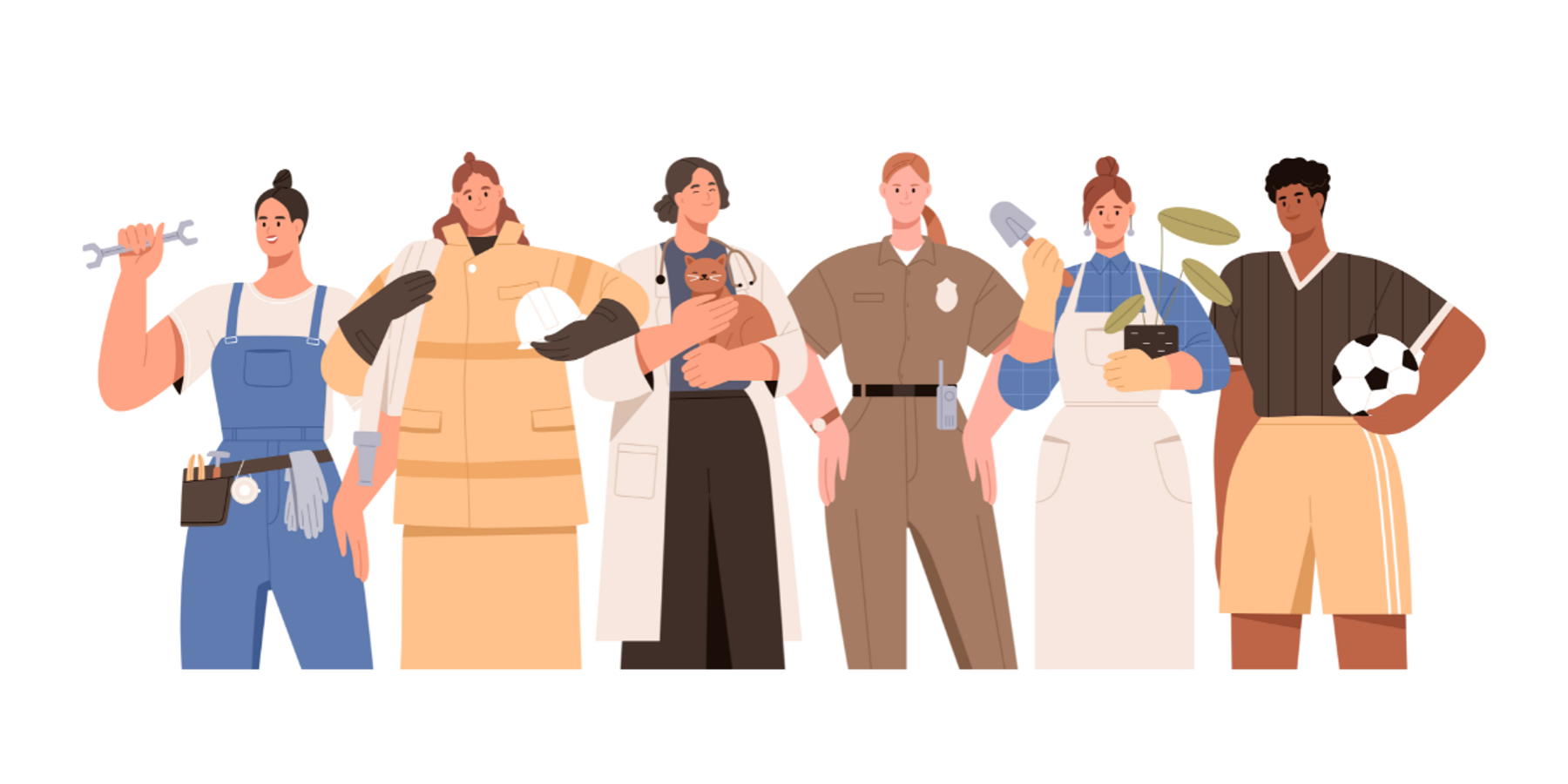Below is an article originally written by Kyle Vogt, the Co-Founder, President & CTO of PowerToFly Partner Cruise Automation, and published on April 11, 2018. Go to Cruise Automation's page on PowerToFly to see their open positions and learn more.
We're taking a break from our usual technical discussions to focus on something a bit different: the people at Cruise and GM who make up our team.
The baffling thing about self-driving cars is that, even to brilliant engineers, they look seductively easy to build. The basic underlying concepts are well-understood, and there are now online university courses that teach them. In about three months, a handful of good engineers can retrofit a car with sensors and make it drive a short route without the apparent need for human intervention. In 2015 we did exactly that, and to the casual observer it was impressive. We're excited to see that there are now dozens of companies that have reached this stage of self-driving car development, and we look forward to seeing more in the future.
But there is a staggering gap between a prototype that can travel a few miles at a time and one that can drive as well as a human (especially in complex environments). Even with recent advances in computing hardware, machine learning algorithms, and sensors, it's still perhaps 10,000x more challenging to build a commercial product than a prototype.
In the web app world, you could think of the difference between running a website from a laptop in your dorm room vs. running it on thousands of servers across globally distributed data centers with redundant networking, power generation, data stores, etc. One might take a few long nights and a case of red bull to build; the other might take thousands of engineer-years of effort to carefully develop, test, and validate.
Think about reliability and failure modes. Your dorm room project will crash if more than a handful of users click on links or if you accidentally kick the power adapter out of the wall socket. The other website will support millions of concurrent users, survive earthquakes and other natural disasters, resist hacking attempts, and stay online even if servers fail or fiber lines are cut. Our product is a car that interacts with real people, so we've got to be even more diligent. It takes a small army of some of the world's best engineers to do it right.
So on that note, I'm pleased to announce an expansion of the Cruise and GM family — we recently invited the team from Zippy.ai to join us. The quality of our technologies and the time it takes to develop them is a function of the people who build them. Identifying, attracting, and retaining the right mix of people who work well together, share the same values, and are truly passionate about the work is actually one of the hardest things to do.
Gabe Sibley, Alex Flint, and Chris Broaddus co-founded Zippy.ai last year to develop robots for last-mile grocery and package delivery. Their expertise in machine learning, computer vision, and simulation is among the best in the industry. But perhaps more importantly, their commitment to working on a team — and doing things the right way — strengthens our ability to safely test, validate, and deploy our self-driving technology at scale.
When the time comes for you to request your first ride in a Cruise AV, please think of the hundreds of people who worked to make your ride a reality and make it safe. Because at the end of the day, you're not being driven by a robot. You're being driven by us.



